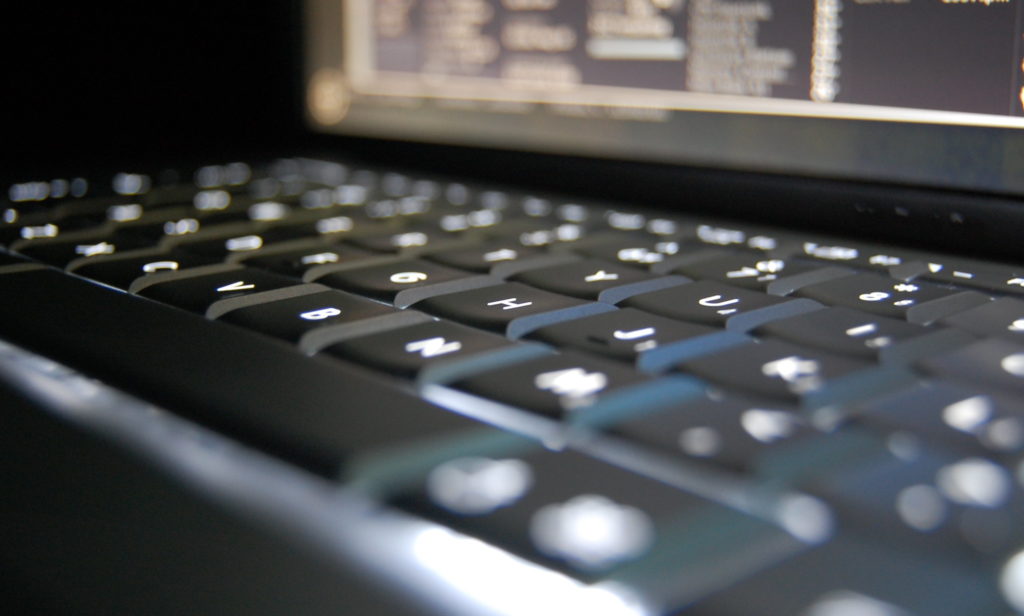The Peninsula
Human Vulnerabilties in Korean Cybersecurity
Published May 8, 2020
Category: South Korea

This briefing comes from Korea View, a weekly newsletter published by the Korea Economic Institute. Korea View aims to cover developments that reveal trends on the Korean Peninsula but receive little attention in the United States. If you would like to sign up, please find the online form here.
What Happened
- An investigation into a recent cybersex crime case revealed that social service agents had unsanctioned access to personal information through other public officials’ IDs.
- There were also several cases of public officials leaking COVID-19 patients’ personal information without their permission.
- On March 11, National Assembly Research Service reported that Korea ranked among the top 10 countries in the “E-Government Development Index” and “E-participation Index,” while its ranking in the “Cybersecurity Index” did not reach the same heights.
- The government plans to enhance its digital infrastructure, adopting cloud storage, and promoting greater data integration.
Implications: While South Korea is a leader in e-governance, its cybersecurity infrastructure appears less prepared to protect citizens’ personal data. This has elicited worries because the government plans to pursue more expansive data integration in preparation for future national crises. The problem stems from the lack of protocol and careless practices of public officials. An investigation into the handling of a recent high-profile criminal case revealed that public officials had often delegated their authority illegally. Agencies that were implicated in this investigation announced that they will strengthen oversight and disciplinary measures, but more comprehensive reforms are also needed to better protect personal data.
Context: Concerns around data privacy are not new in South Korea. An investigation in 2018 found that the number of cases involving the misuse of personal information by public officials had increased over the previous 5 years. The government had pushed for data integration to improve administrative efficiency, but had provided government officials with too much access to personal information. Moreover, weak and rare disciplinary actions against public officials exacerbated these lapses in data protection.
Korea View was edited by Yong Kwon with the help of Gordon Henning, Soojin Hwang, Hyungim Jang, and Ingyeong Park.
From user Andrew on Flickr
